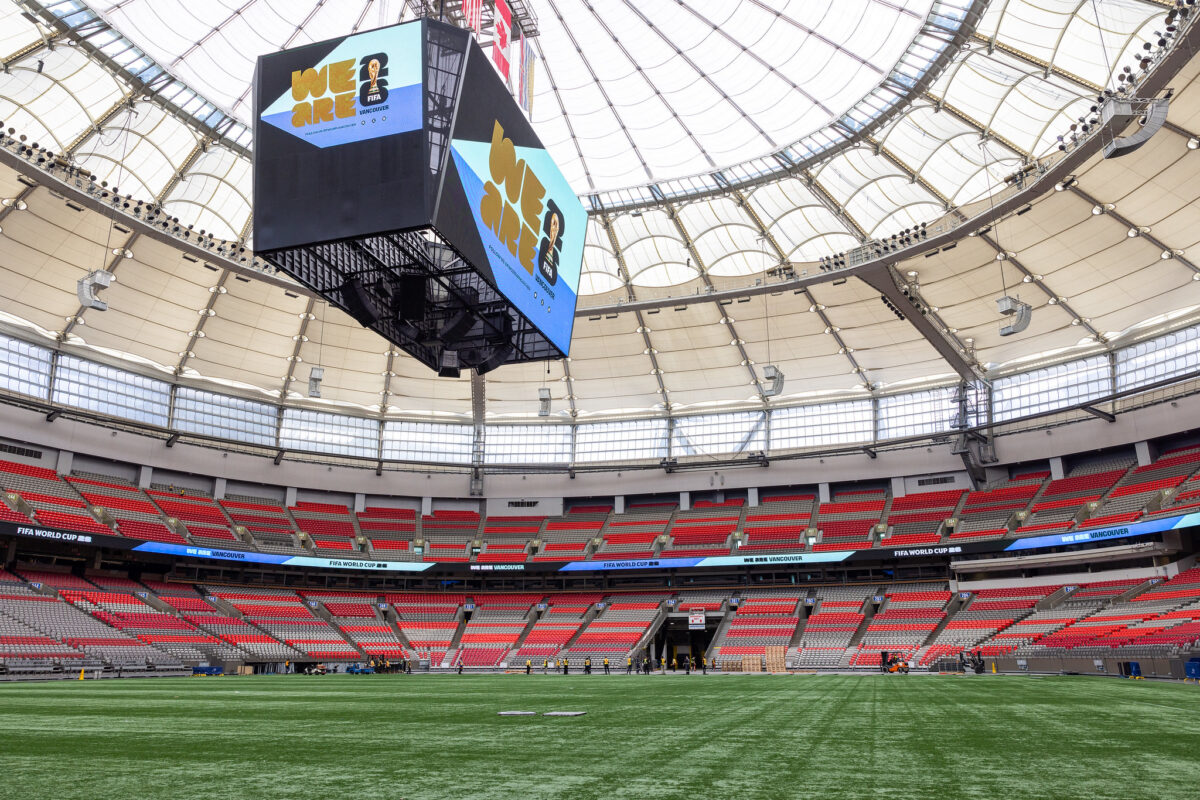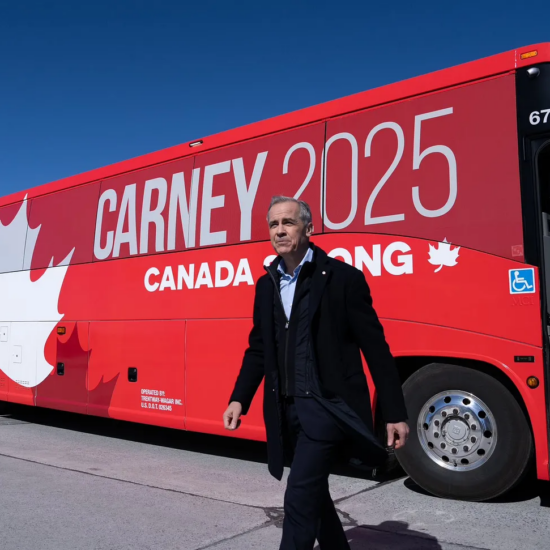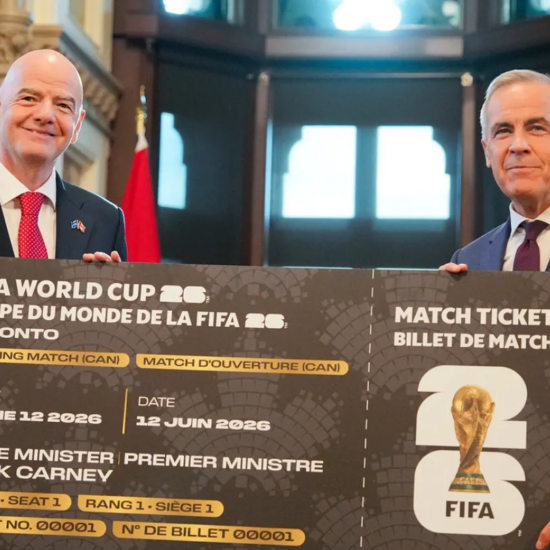
Bob Mackin
After a three-year legal battle, the taxpayer-owned company that manages B.C. Place Stadium has released its FIFA World Cup 26 contract and bid documents to theBreaker.news.
In August, an adjudicator with the Office of the Information and Privacy Commissioner ruled in favour of theBreaker.news and ordered the disclosure in October.
FIFA takeover
B.C. Place is hosting seven matches between June 13-July 7, 2026.
The agreement states that, from 30 days prior to the day of the opening match to seven days after completion of the last, FIFA will control the stadium.
But, at no cost to FIFA, World Cup setup can begin three months before kickoff and FIFA can still be on-site until two months after the last match in the stadium. (Much of the bonus time will be for the installation and removal of a “hybrid sod” synthetic fibre reinforced natural grass pitch.)
What’s missing
The section about the Controlled Area, a temporary outdoor zone surrounding B.C. Place, remains censored by B.C. Pavilion Corporation (PavCo), for fear that disclosure would cause financial harm.
The same section is visible in the FIFA contract with Seattle and regulates what is and is not allowed in the area where sponsors and their images and messages are protected. In addition to restrictions on traffic, third-party events and the sale of food, drinks and souvenirs.
High rent, no profit
An attachment to the 2022 agreement shows PavCo estimated match day rent charges between US$1.226 million and US$1.505 million. Just over half is base rent, the rest? Flow-through costs for staffing and services.
A big payday for PavCo, if FIFA pays what PavCo quoted? Think again.
What’s in the net?
In an Oct. 8 statement to theBreaker.news, PavCo spokesperson Jenny McKenzie said: “Rental fees for FIFA World Cup 26 are expected to offset operating and capital investments funded by the province.”
Challenged to back that up with revenue estimates, McKenzie responded Oct. 14 to clarify.
“The rental fees for BC Place during the FIFA World Cup 26 will flow through to the province to help offset operating and capital investments at the stadium, not to cover them entirety. The estimated net revenue for the FIFA World Cup 26 is not yet determined.”
Costs high, revenue low
The province’s FIFA spending update last June estimated $21 million to $44 million in overall gross revenues, recoveries and contributions, including transportation and stadium rental fees and recoveries.
But, it also estimated spending $149 million to $196 million on capital costs for stadium renovations and operational costs during the tournament.
NEW: Subscribe to theBreaker.news on Substack. Find out how: Click here.











